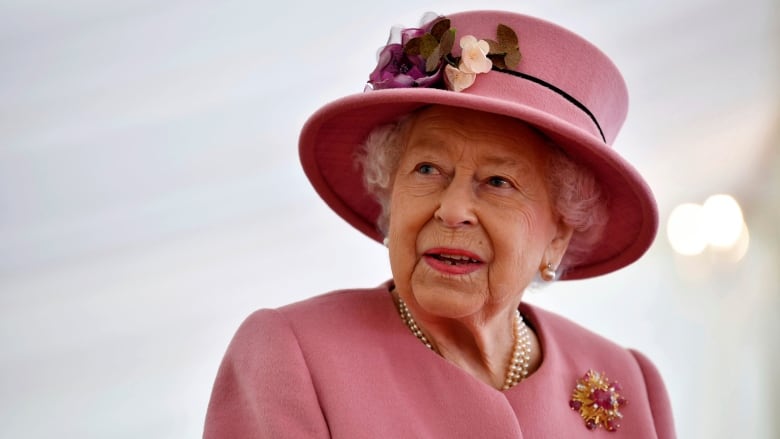A recent development has sparked curiosity and concern among historians regarding the fate of Queen Elizabeth’s private papers.
Speculation arose after reports surfaced indicating that a palace advisor has been assigned the task of sifting through the late monarch’s personal documents.
The contents of Queen Elizabeth’s diary, a well-kept secret during her reign, have left many wondering if and when they will be revealed to the public.
The enigmatic and remarkably discreet Queen Elizabeth had long been a subject of fascination, with many pondering what her innermost thoughts might have been.
The existence of her diary raises intriguing questions about the potential revelations it may hold.
This revelation has stirred up interest in the royal circles, prompting discussions on the significance of preserving and possibly sharing these historical artifacts.
In a recent interview, Philip Murphy, Director of History and Politics at the University of London’s Institute of Historical Research, expressed concerns about the handling of Queen Elizabeth’s personal papers.
He highlighted the unease among historians regarding the appointment of a non-archivist to oversee the sorting process, citing past instances of royal family members destroying sensitive documents.
The delicate balance between respecting the monarchy’s privacy and the public’s right to historical transparency has come into sharp focus.
The historical precedent of Queen Victoria’s meticulous diary, which was later destroyed by her daughter, Princess Beatrice, serves as a cautionary tale.
The deliberate erasure of such primary sources underscores the complexities of balancing personal privacy with historical preservation within royal households.
The contentious issue of where to draw the line between personal matters and public interest looms large in this debate.
Despite the Royal Family’s exemption from certain information disclosure requirements, there is a growing call for greater transparency in handling archival materials.
The Round Tower of Windsor Castle houses the Royal Archives, containing a trove of historical records that could shed light on pivotal moments in British history.
Suggestions have been made for a more systematic approach to releasing Queen Elizabeth’s papers over time, accompanied by clear guidelines for managing records related to the Commonwealth realms.
The intricate interplay between personal narratives and political legacies within the monarchy adds another layer of complexity to the ongoing discourse.
As political figures grapple with the repercussions of past royal events, such as the Prince of Wales’ divorce or Princess Diana’s tragic death, the relevance of historical documentation becomes increasingly apparent.
The need for a comprehensive understanding of the constitutional monarchy’s evolution under Queen Elizabeth’s reign is paramount for both scholars and policymakers alike.
In essence, the unfolding saga of Queen Elizabeth’s private papers transcends mere historical curiosity; it embodies a broader quest for accountability and transparency within the royal establishment.
The delicate balance between safeguarding personal privacy and honoring the public’s right to historical knowledge remains a central theme in this evolving narrative.
As the palace advisor delves deeper into the late monarch’s personal archives, the world awaits with bated breath for any glimpses into the enigmatic world of Queen Elizabeth’s inner thoughts and reflections.
